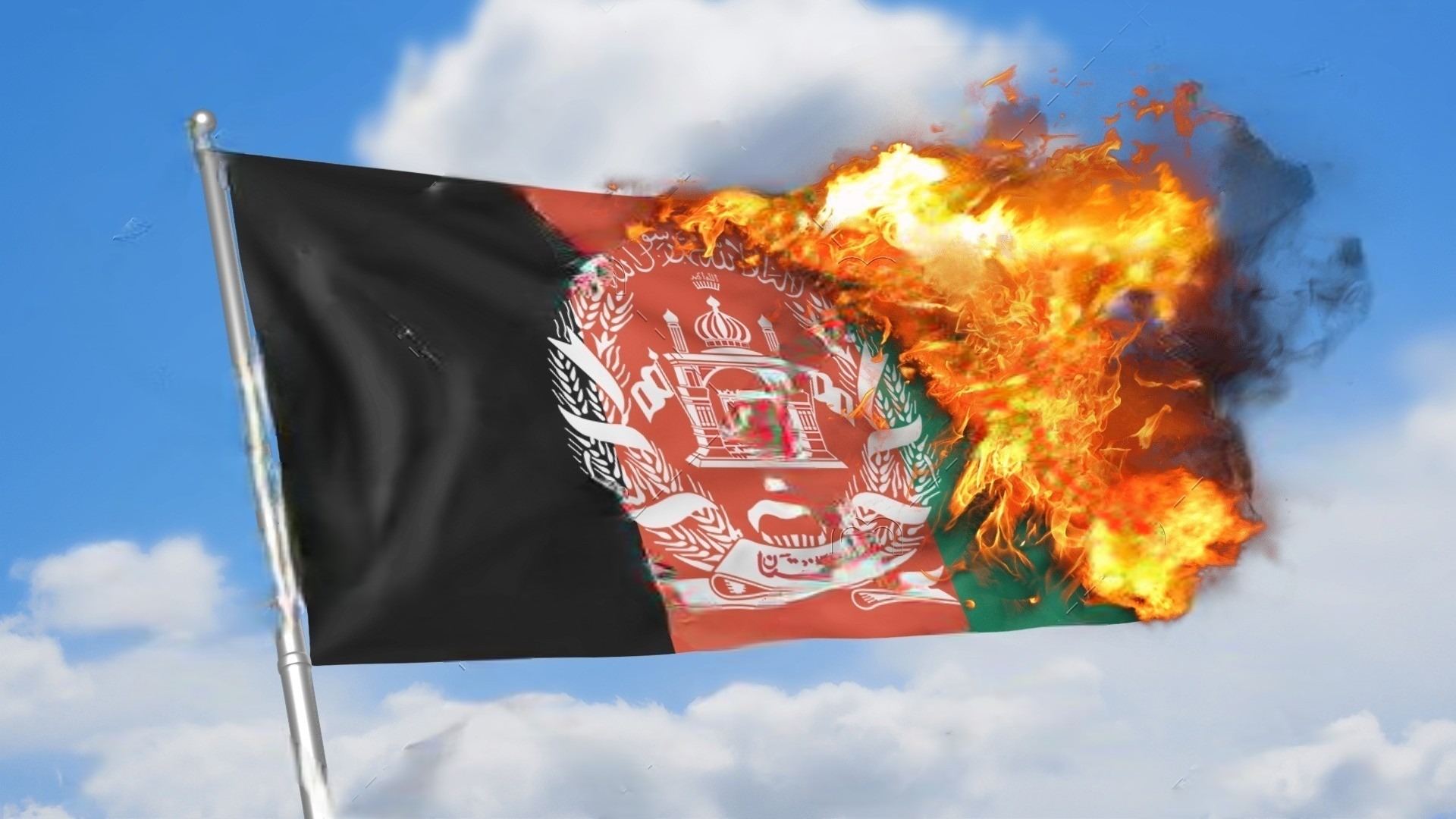Khalida Yari Shukoor fled Afghanistan for Australia in 1989, making western Sydney her home. Like most of the Afghan diaspora here, the 59-year-old watches Afghan news via satellite on the TOLO network. For the past two weeks she has barely slept and sits by the television witnessing the gradual downfall of her beloved nation.
“It makes me feel very sad; honestly it makes me cry,” says Khalida, a former high school teacher (and this writer’s mother). “I want the international community to raise their voice and not remain quiet, and I beg them to not recognise the Taliban as the official government of Afghanistan.”
Khalida is one of nearly 47,000 Afghanistan-born people in Australia, with just over 13,000 in New South Wales. The biggest population lives in Melbourne, followed by Sydney.

Another Sydney-based Afghan-Australian, 32-year-old Susan Popal, is worried that while events in Afghanistan are currently dominating the news, international interest will fade quickly – leaving the Taliban to commit atrocities against its own people. The high school teacher says:
“I fear that the situation in Afghanistan will be trending for a week, and then everyone will move on and forget”.
Taliban leaders claim they have learnt from their mistakes of the past. They ruled the country with an iron fist during the 1990s, until the US-led invasion in 2001.
But Afghans in Australia are far from convinced. “The Taliban will never change; they are the same people they were before,” says Khalida. “They follow a draconian version of Islam that does not allow them to change.”

Susan agrees. She believes today’s Taliban is just better at public relations.
“The narrative that the Taliban have changed is hard to swallow,” she says. “Talk is cheap, and their track record indicates nothing but violence against Afghan people. I do not think they will provide amnesty [to those who worked with foreign troops and embassies].”
Ahmadshah Paikan, 51, is a former house painter who came to Australia as a teenager in the 1970s. He has a somewhat different perspective, pointing to long-standing divisions between different ethnic groups in Afghanistan.
These groups need to unite as Afghans against the Taliban, says Ahmadshah.
“What is happening in Afghanistan is our own fault. We need to stand as one, not ‘you are Pashtun’ and ‘I am Hazara’.”
Afghan-Australian lawyer Maria Zarifi left Afghanistan when she was 11. She is anxious that the progress made in her homeland over the last 20 years not be lost.

“We have already suffered so much in our lives, we have come so far, but here we are feeling hopeless and helpless again,” she says.
“We must try our best to preserve this generation [that has grown up in a democratic Afghanistan], as this is the generation that will make Afghanistan great again.”
Other Afghan-Australians still have vivid memories of the violent proclivities of the Taliban. Tamina Gafori, 24, escaped from Afghanistan at the age of four with her family. The pharmacy sales assistant recalls what happened as they were crossing the border into Pakistan.
“They attacked my dad … My mum had to step in and start speaking to them in Pashto to let him go, because if anything were to happen to him, we would have no man in our life.
“Remembering that horrific image of the Taliban is traumatising. I do not want anyone else to go through that.”
Many Afghan-Australians still have family in their birth country. Before the latest upheaval, they would periodically return when tensions were low.

Maria had been planning to go back for a visit in the next couple of years. Now those plans have been thrown into disarray.
Sydney-based Adrian Yari, 56, a former accountant, left Afghanistan in 1984. “I am worried about the children, especially the girls, who will be deprived of a decent education, like in the first era of a Taliban government back in the 1990s,” he says.
Arian adds: “I am losing hope in the free world and democracy.”


